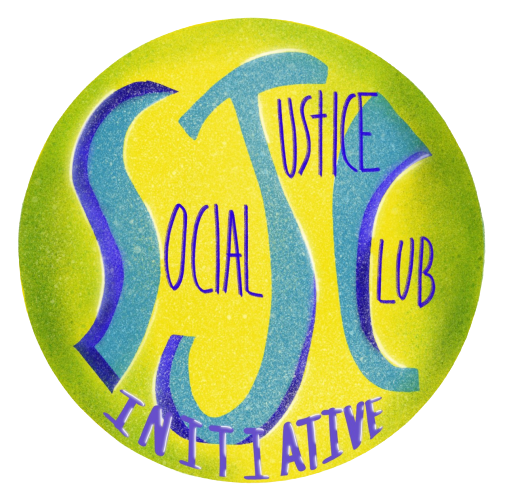Social Justice
The three points below (and sample activities) summarize how the youth approach justice through 6th and 7th grades:
I- Justice is paying attention to people's needs, their capacities and talents, and their rights. It is looking at them as endowed not with an extrinsic (non-essential) value like money, power, skin color, but with inherent/intrinsic (belonging to one's nature) value, as an end in themselves. Justice is caring for people's needs, nurturing their capacities, and respecting their rights.
We have needs like food, water, shelter, and love, if these needs are not satisfied we wither and die.
We have unique and universal capacities and potentialities, like the capacity to solve real-life problems, the capacity to tell the truth, to love, to care for others and ourselves, to be patient and generous, to strive for excellence. When these capacities are not acknowledged, when we are not allowed to exercise and advance them, we feel worthless. The sense of worthlessness leads to sadness and apathy or to anger and violence or, still, to a desire to dominate others, to prove ourselves superior, and to make others feel worthless-to prove that we are important after all.
We have equal rights, like the right to freedom, education, peace, to clean land, air, and water. When society does not respect these rights, we cannot survive nor develop our talents and capacities.
Sample Activity: identify some of each other's inherent and extrinsic qualities.
II- Justice is how we treat people and nature. Its result is the achievement of excellence.
When we treat people in a just way, we are using all our senses to look beyond external characteristics and acknowledge the needs, intrinsic capacities, potentialities, and rights of people and nature around us. We recognize them by their inherent value and treat them with care and respect. As a result, we each become our better selves.
When we treat people with justice, we realize that we depend on each other equally for the development of our capacities. That is, we cannot achieve excellence if we are not helping others achieve it too. The same with nature, we cannot thrive if we don’t take care of our environment.
When we share our capacities and qualities, we become stronger and develop them even further. Because we are looking at each other's inherent value, instead of external attributes, we are not afraid of losing our own worth nor do we try to protect it from others. We help each other achieve excellence and become aware of our interconnectedness. We realize that the more we give, the more we help others, the more we ourselves grow and develop.
Sample activity: read and discuss the following dialogue
“Nana, I hear so many different stories in the news and at school. My friends and I don’t agree on many things. How do you know when something is true?"
“Well, think of some of the things you know to be true", Nana says to Lili. "How did you learn them?
“I read it in a book, saw it on TV, or heard it from my parents, friends, or family,” answers Lili.
“But how can you be sure that what you read or hear is true? asks Nana. “The quality that enables each of us to see the truth is justice. Without justice, we have difficulty separating truth from falsehood.”
“Justice is a quality that helps us see the truth? I always thought it meant punishing those who do wrong and rewarding the ones who deserve it,” says Lili a little surprised.
III- One important truth we understand with the aid of justice is the oneness of humankind: that we are one or that we are like the different parts of a single body.
When we realize this truth we become champions of justice. We try our best to create a society that is organized according to the principles of justice.
Sample Activities:
Discuss briefly the meaning of each sentence:
With the aid of justice, we see with our own eyes and not through the eyes of others.
In order to be just, we need to treat others as we would wish to be treated.
To exercise justice we have to free ourselves from imitation.
The light of justice removes the darkness of prejudice.
Justice requires that we dedicate ourselves to promoting the highest interests of humanity.
Video about the boy who solved his community's conflict with the lions
Discuss these questions with them again, in the context of the movie:
With the aid of justice, we see with our own eyes and not through the eyes of others.
To exercise justice we have to free ourselves from imitation.
Justice requires that we dedicate ourselves to promoting the highest interests of all humanity.

